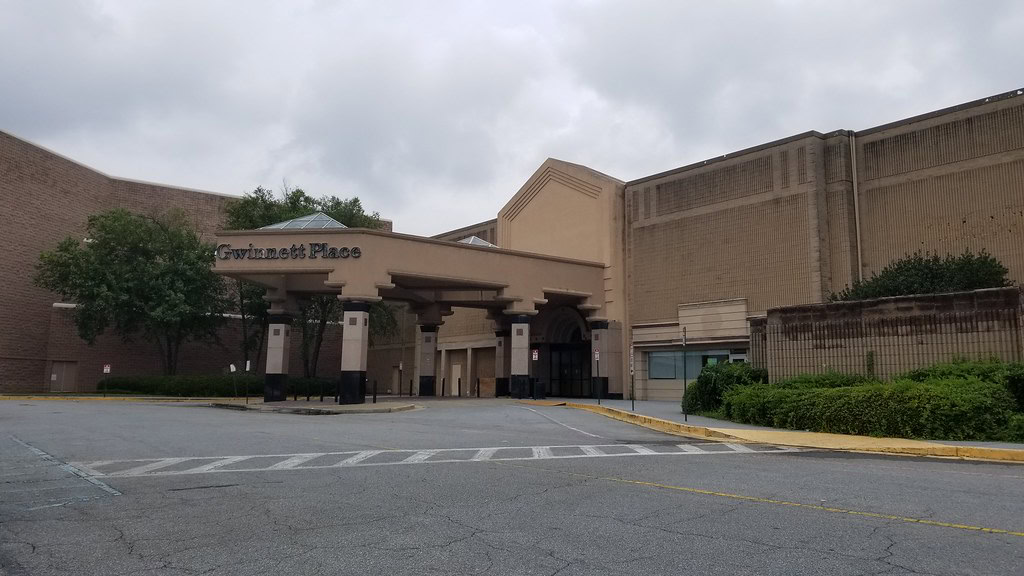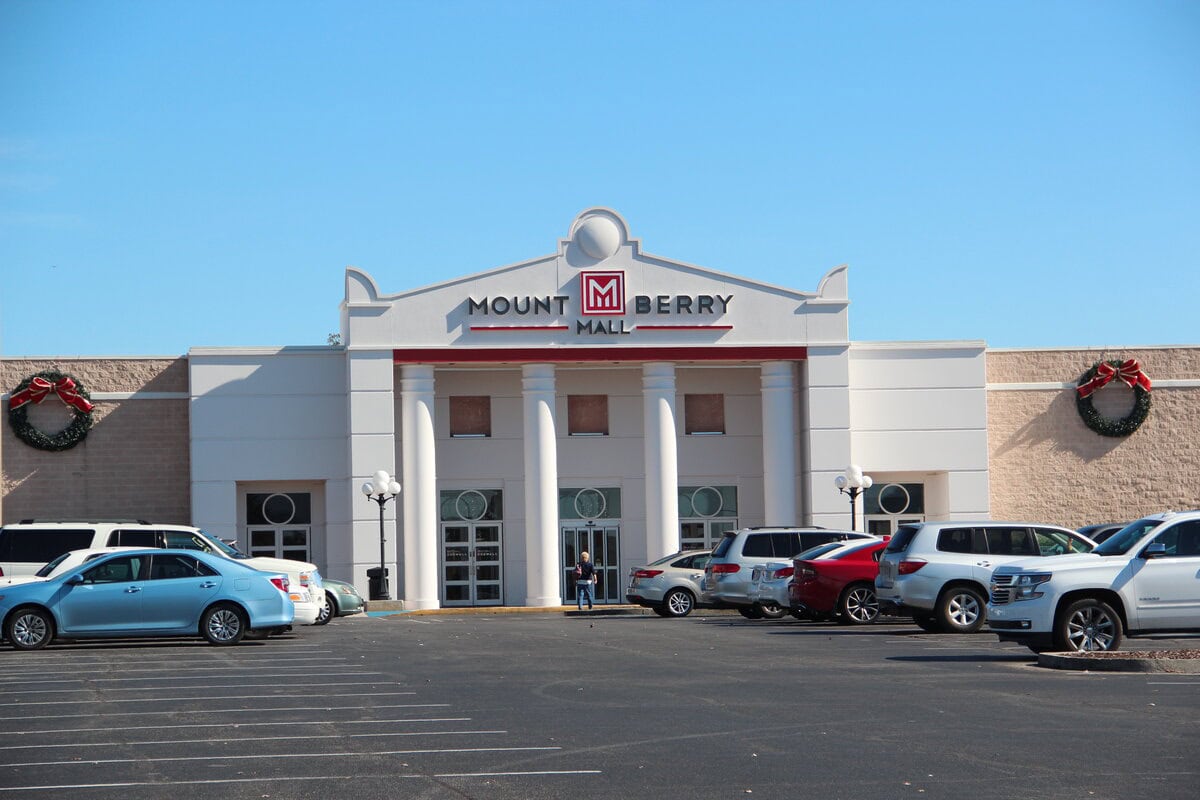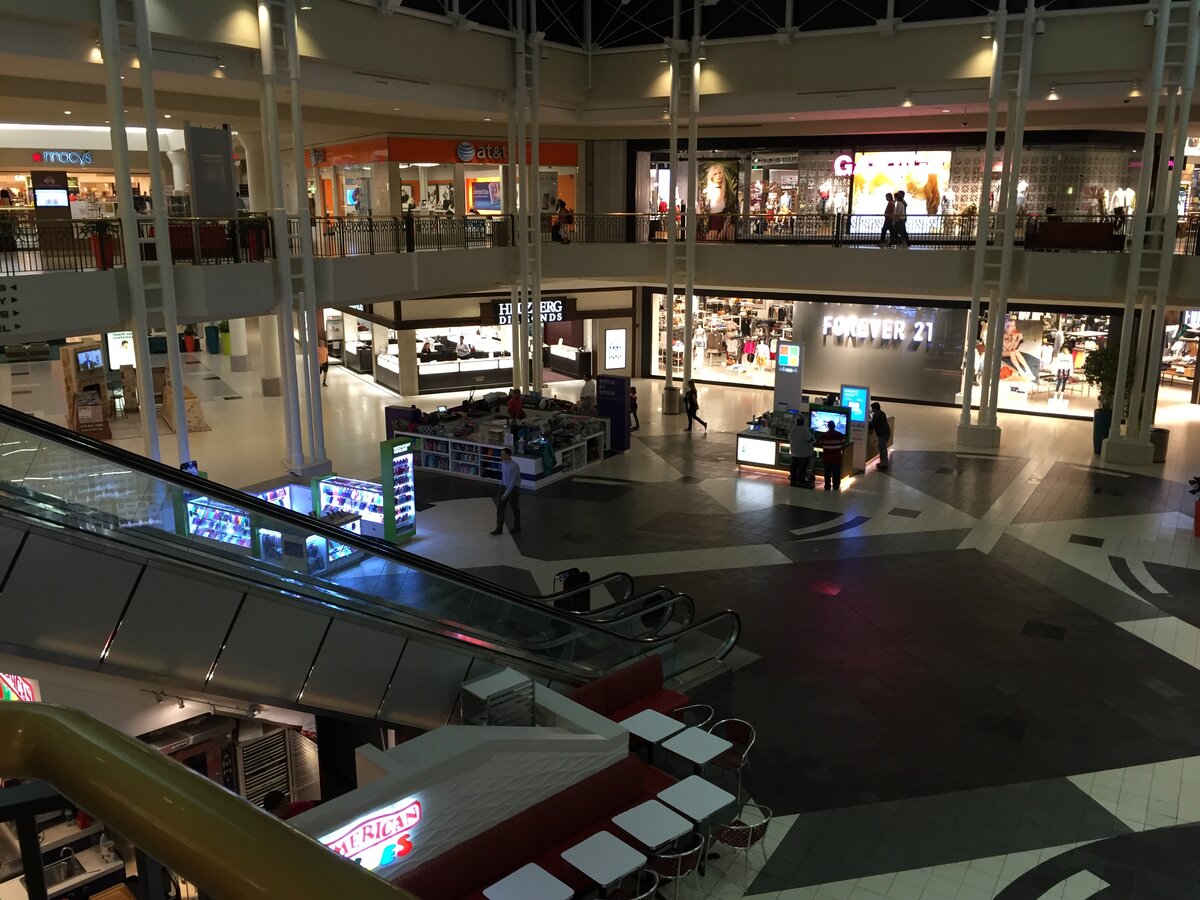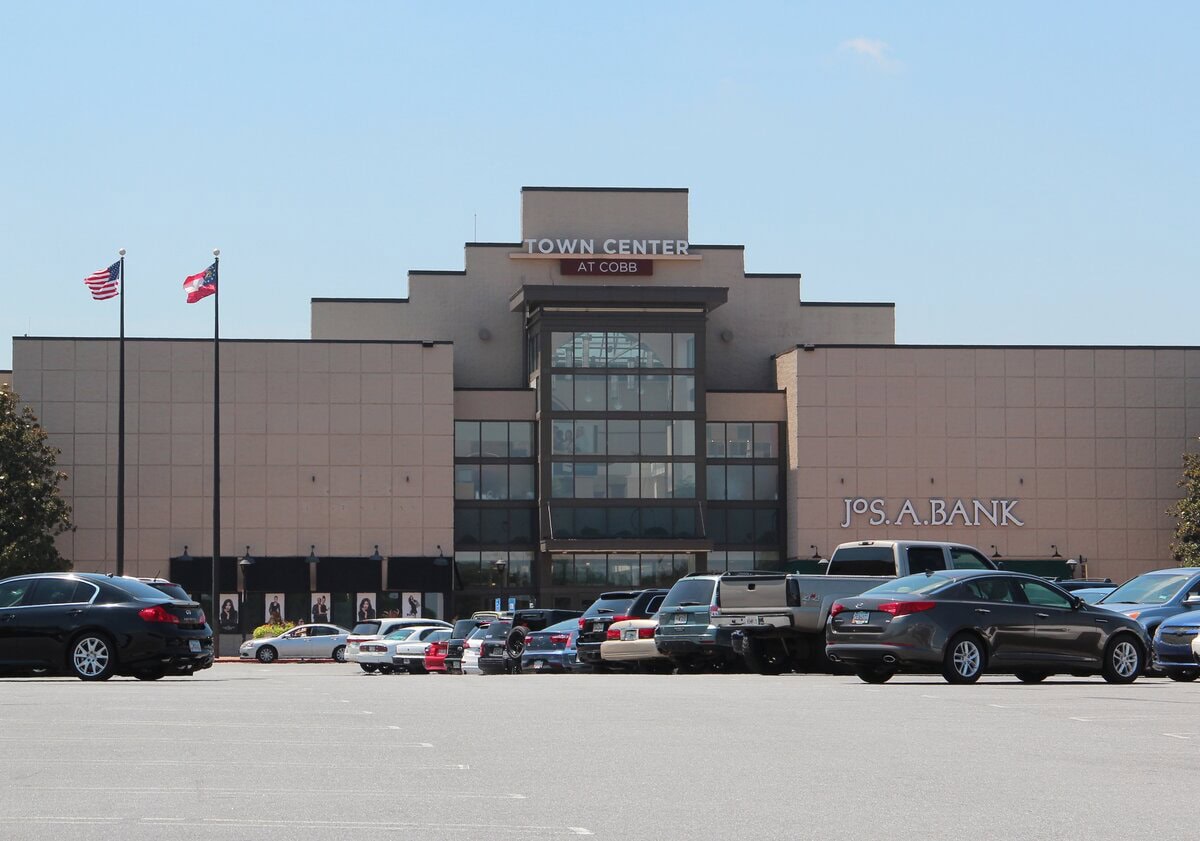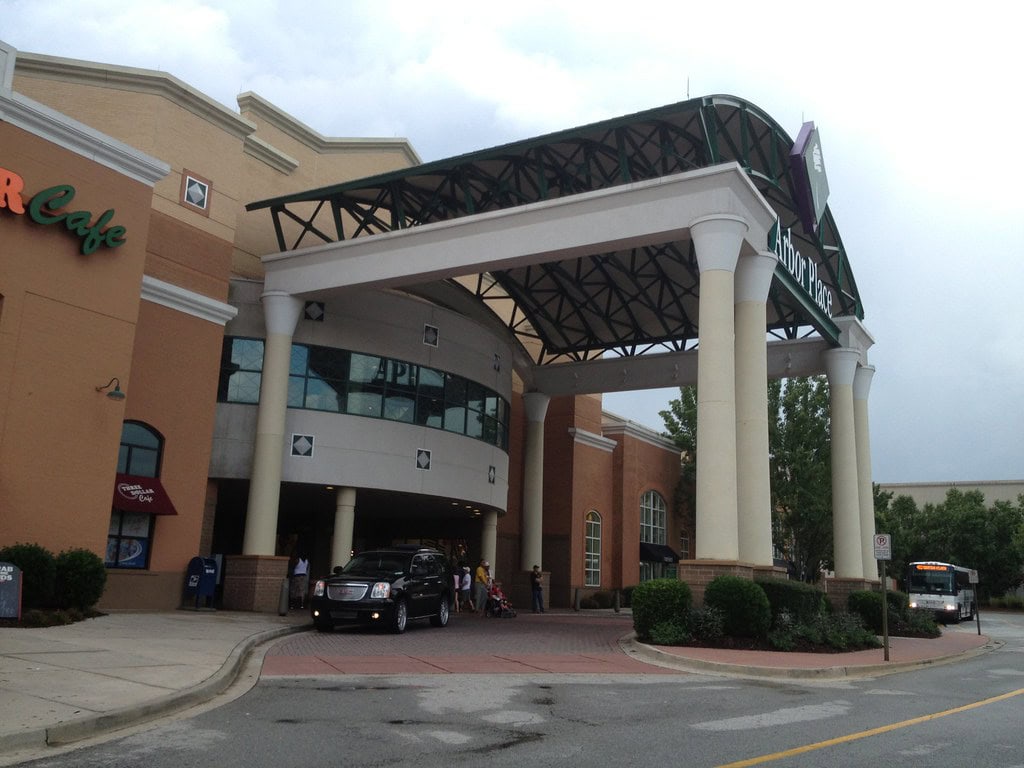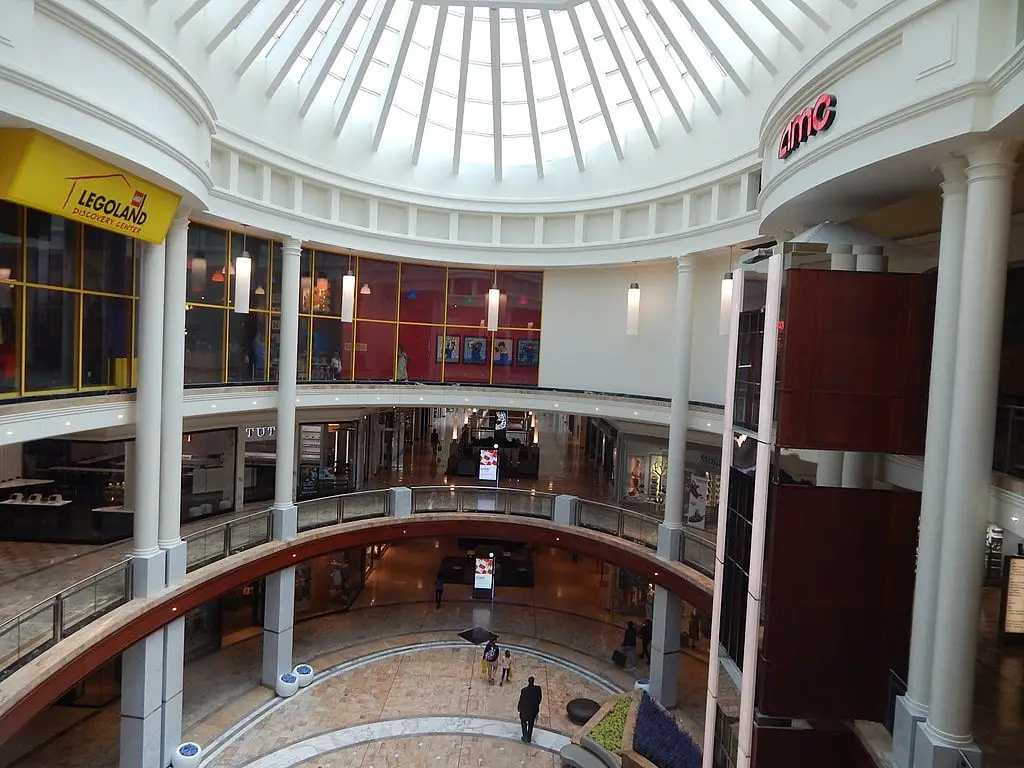The Demolition and Redevelopment of North DeKalb Mall (2024)
North DeKalb Mall, a long-standing landmark in Decatur, GA, has undergone a complete transformation.
As of 2024, the mall no longer exists, with crews demolishing it to make way for the Lulah Hills mixed-use development.
This redevelopment marks the end of the mall’s decades-long presence as a shopping center and the beginning of a new chapter focused on a blend of residential, retail, and commercial spaces.
The Lulah Hills project, set to replace the mall, aims to bring a modern and vibrant community space to the area.
The development will include residential units, retail outlets, and green spaces, reflecting the growing trend of mixed-use developments that cater to both residents and businesses.
This project is part of a broader wave of redevelopment in suburban areas, where aging malls are being replaced with more diverse and sustainable spaces.
As North DeKalb Mall fades into history, its transition highlights the ongoing evolution of retail spaces and suburban development.
The mall’s past as a retail hub and its more recent role as a movie set remain points of interest, but its future now lies in a completely reimagined community center designed to meet modern needs.
North DeKalb Mall: The Early Years
North DeKalb Mall opened its doors on July 29, 1965, becoming an instant landmark in Decatur, Georgia.
The mall initially featured fifty-four stores designed by Barrett + Associates Architects, offering various shopping options to the local community.
Among the original anchor stores were Atlanta-based department store Rich’s and a Woolworth dime store, both popular shopping destinations at the time.
In the late 1960s, the mall faced a significant threat from the proposed extension of the Stone Mountain Freeway.
The freeway’s expansion would have destroyed the mall, but fortunately, these plans were never implemented.
This allowed the mall to continue serving the community and quickly became a bustling hub for shopping and socializing.
The mall’s early years were marked by steady growth and a positive reception from the community.
It was more than just a shopping center; it was a place where families could spend quality time together, whether dining in the food court or catching a movie.
The mall’s initial success set the stage for future expansions and renovations, ensuring its place as a cornerstone in the Decatur, Georgia, community.
However, as the years passed, the retail landscape began to change.
The rise of big-box stores posed challenges for traditional malls like North DeKalb.
Despite these challenges, the mall continued to adapt, leading to a significant period of expansion in the mid-1980s.
The Expansion Era
In 1986, North DeKalb Mall underwent a significant transformation.
Two new anchor stores were introduced: department store chains Mervyn’s and discount chain Lechmere.
These additions were part of a broader renovation and expansion project, which led to the mall’s renaming to Market Square at North DeKalb.
Lechmere, however, was short-lived and closed its doors in 1989.
It was replaced by the discount pharmacy chain Phar-Mor, which also eventually closed in 1992.
Despite these closures, the mall continued attracting shoppers with its diverse stores and services.
During this period, the mall also added several other stores and dining options, enhancing its appeal as a one-stop shopping destination.
However, the retail environment was becoming increasingly competitive, and North DeKalb Mall had to adapt to keep up with changing consumer preferences.
By the early 2000s, the mall showed signs of age and struggled to compete with newer, more modern shopping centers.
Significant changes were clearly needed to revitalize the mall and make it more appealing to contemporary shoppers.
This led to the mall’s acquisition by Hendon Properties in 2003, setting the stage for another period of transformation.
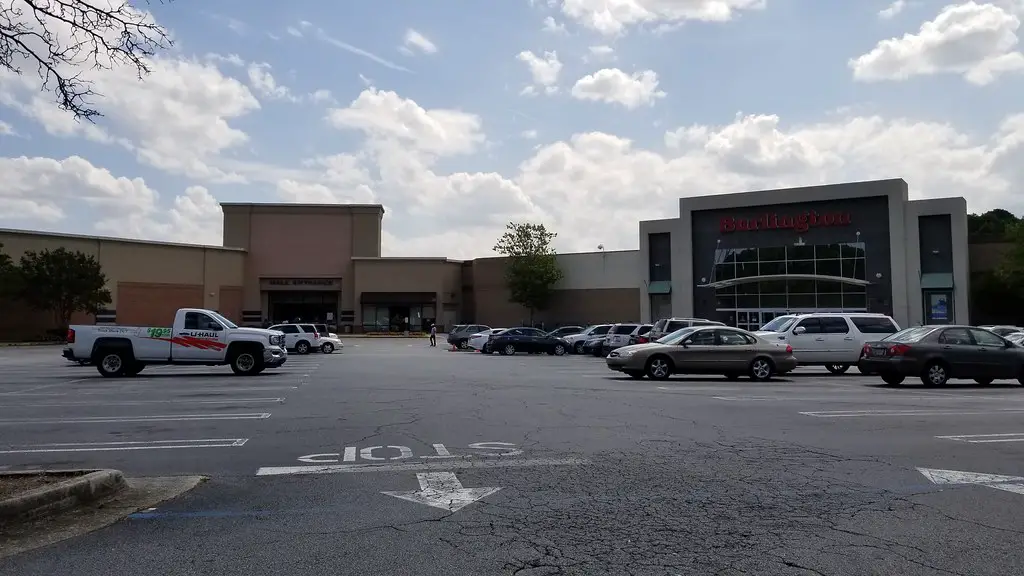
The Decline and Struggles
In 2003, Hendon Properties purchased North DeKalb Mall for $25 million with ambitious plans to bring a Costco to the mall.
However, these plans never materialized, and the mall lost its luster.
Several stores closed their doors, and foot traffic began to decline, signaling the beginning of a challenging period for the mall.
One of the most significant blows came in the spring of 2016 when the Macy’s anchor store closed its doors.
This closure had a domino effect, reducing foot traffic and making it difficult for the remaining stores to sustain their businesses.
Around this time, the mall earned the nickname of the ‘almost’ mall of DeKalb County as it struggled to secure a stable anchor store.
Despite these challenges, the mall found a lifeline in an unexpected place.
Employees from nearby Emory University began using the mall’s vast parking lots as temporary locations for ride-sharing to the University.
This and limited traffic from the AMC movie theater helped keep the mall from going ultimately under.
However, the writing was on the wall.
On October 1, 2020, North DeKalb Mall officially closed its doors due to poor sales and the impact of the COVID-19 pandemic.
While it was the end of an era, it also marked the beginning of a new chapter, as plans for the mall’s redevelopment started to take shape.
The Rebranding and Future Plans
In 2014, Lennar, in partnership with Sterling Organization, purchased the mall with plans to convert it into an open-air concept.
However, these plans were put on hold, and in 2019, the property was sold to Edens, a commercial real estate developer.
Edens had ambitious plans to transform the site into a mixed-use facility, breathing new life into the aging mall.
The most significant change came in 2023 when it was announced that North DeKalb Mall would be demolished and rebranded as Lulah Hills.
The goal of the redevelopment initiative is to encompass a total area of 2.5 million square feet, with a breakdown that includes 320,000 square feet designated for retail and dining establishments, 1,700 units for multifamily living, an additional 100 townhomes, and a hotel with 150 keys.
The first phase of the Lulah Hills project is expected to be completed by 2025.
The redevelopment aims to create a retail-focused, mixed-use destination that reflects the community’s character.
With its strategic location near downtown Decatur and Emory University, Lulah Hills is poised to become a significant landmark in the area.
While the mall’s transformation marks the end of an era, it also signifies a new beginning.
The redevelopment aims to bring significant economic activity and strengthened connectivity to the area, ensuring that the mall’s legacy continues in a new, revitalized form.
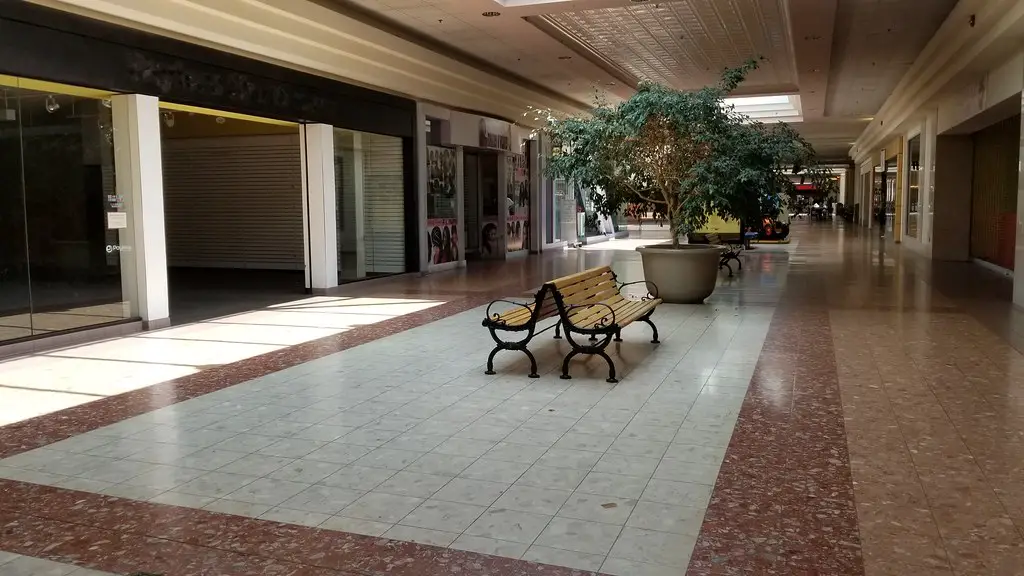
Conclusion
The story of North DeKalb Mall is one of rise, fall, and rebirth.
From its early days as a bustling shopping center to its struggles with changing retail landscapes, the mall has been a constant presence in the Decatur community.
Its transformation into Lulah Hills marks a new chapter that promises to bring renewed energy and opportunities to the area.
While the mall as we knew it may be gone, its spirit lives on, ensuring its legacy will continue to be a part of the community for years.

